2023 © Copyright – Topvision Eye Specialist Centre (KKLIU 1368/2024 – Expiry Date 31 December 2026).
Web Design & SEO by Nuweb
The Anti-Bribery and Corruption Policy (“Policy”) of TOPVISION EYE SPECIALIST BERHAD (“TOPVISION” or “Company”) and its subsidiaries (“Group”) is drafted in accordance to sub section (5) of Section 17A under the Malaysian Anti-Corruption Commission Act 2009 and the Malaysian Anti-Corruption Commission (Amendment) Act 2018, the Anti-Bribery and Corruption Policy based on the Guidelines on Adequate Procedures issued by the National Centre For Governance, Integrity and Anti-Corruption (GIACC).
TOPVISION is committed in ensuring that the Group meets its legal obligations and prevents, detects, minimises and eliminates all form of corrupt practices. The Policy encompasses an ethical framework that serves as a guide to the actions and behavior of all Directors, employees of the Group and business associates which include but are not limited to current or prospective customers, joint venture or business partners, contractors, vendors, suppliers, distributors, outsourcing providers, consultants, agents, investors, advisers, associates, representatives or any other business partners (“Business Associate”) in the ordinary course of its business activities. It is reflective of the ever increasing need for effective corporate governance compliance measures in the conduct of the Group’s businesses. The Policy focuses on discipline, good conduct, professionalism, loyalty and integrity, and cohesiveness, which are seen to be critical success indicators of the Group. The Group will take reasonable and appropriate measures to ensure that its businesses do not participate in corrupt activities for its advantage or benefit.
This Policy is supplemental to and shall be read together with TOPVISION’s internal policies and procedures, Whistleblowing Policy and Code of Ethics and Conduct.
Serves to ensure all Directors, employees of the Group and Business Associate are guided on standards of behaviour to be in compliance with all applicable laws, rules and regulations in discharging their duties. The policy is non- exhaustive and is subject to review to further include additional obligations that the Directors, employees of the Group and Business Associate are expected to adhere to in the performance of their duties.
Applicable to all Directors (Executive and Non-Executive) of the Group, employees (including full-time, probationary, contract and temporary staff) of the Group and Business Associate. Each employee of the Group has a duty to read and understand the policy. Violation of any of the policy’s provisions may result in disciplinary action, including termination of employment.
Bribery
For the purpose of this Policy, bribery includes, but is not limited to, the promising or granting or the requesting or receiving of benefits in money or money’s worth to a person with the aim of influencing that person in order to obtain business or reward improperly or to gain any improper commercial, contractual, regulatory or personal advantage. It is the offer, promise, giving, soliciting, demanding or acceptance of an advantage as an inducement for an action which is illegal, unethical or a breach of trust. The most obvious form of inducement is the giving / offer of money, gifts, loans, fees, rewards, goods or an advantage, but it can include the promise of favours in the future.
Corruption
Corruption is the abuse of entrusted power for personal gain. Conflict of interest may arise in situations where personal interest either interfere, has the potential to interference, or is perceived to interfere with :-
The individual’s official position, company’s working hours, resources and assets or information accessible to him or her may be misused for personal interest or to the company’s disadvantage.
Gratification
Definition under section 3 of Malaysian Anti-Corruption Commission Act 2009
Application
This Policy is not set out to prohibit common practices which are proportionate, properly recorded, and lawful in the jurisdiction they are carried out. Practices that are aimed at establishing/strengthening relationships with suppliers and customers while promoting the Group’s products and/or services, must be carried out in moderation, be transparent without expecting the recipient to reciprocate either by performing, or failing to perform, any other task in return.
Gifts
Policy on Accepting Gifts by Third Parties or Giving Gifts to Third Parties
The Group’s policy on accepting gifts by third parties or giving gifts to third parties does not prohibit normal and transparent gifts that are deemed appropriate in nature, moderate in value, occasional and bona fide corporate hospitality, in the course of ordinary business, unless :-
Acceptance or giving of the following are strictly and expressly prohibited by the Group:
The Group recommends that both, gifts received or presented used to benefit all employees ought to be recorded and be acknowledged by the giver in writing while setting out how that gift was distributed or utilised.
The staff of the Group are expected to exercise sound judgement when accepting gifts and are required to obtain advice from their immediate superior, head of department or a member of the legal team (wherever applicable) if they are in any doubt.
Entertainment
Policy on Invitation to Entertainment
The Group is committed to undertake and perform business with integrity and transparency but also appreciates the occasional offer of gifts and/invitations for meals or social events while preventing suspicion of corruption or misuse of Group’s assets.
To ensure that gifts/invitations are only accepted appropriately, the following guidance are always to be adhered to by the staff of the Group:
Invitations to Lunch, Dinner and/or Social Events offered by Third Parties
Acceptance or giving of the following are strictly and expressly prohibited by the Group:
The staffs of the Group are expected to exercise sound judgement when accepting any offers to invitation that are above RM300 and are required to obtain advice from their head of department or a member of the legal team if they are in any doubt.
Travel
Policy on Accepting Travel Offers by Third Parties
Occasionally, the Group deems its appropriate for third parties to pay for travel-related expenses for its staff. However, the said offer of travel must be approved by the staff’s head of department, who should take into serious consideration the following:
The staff of the Group are expected to exercise sound judgement when travel offers and are required to obtain advice from their head of department or a member of the legal team if they are in any doubt.
Facilitation Payments
Facilitation payments refers to unofficial payments or other advantages made to secure or expedite performance of a routine action by an officer of a public body. Directors or employees shall not promise or offer facilitation payments to an officer of any public body. However, there could arise circumstances in which the Directors or employees have no alternative but to make a facilitation payment in order to protect themselves from injury, loss of life or liberty where their security is at stake. Any request for facilitation payment must be reported immediately to the superior or Head of Division or management for further advice.
Donations & Sponsorships
Donations and sponsorships may be given for legitimate or valid causes to support local community or welfare development and reciprocal business arrangements. However, it must be ensured that donations and sponsorships are not used as a scheme to conceal bribery or corruption practices or to influence business decisions.
The Directors must ensure the following :-
Political Contributions
Subject to prevailing laws governing political contributions, the Group may contribute to political parties or candidates, subject to the Management and Board of Directors’ approval and maintenance of accurate records on contributions made.
Employees are responsible for understanding and complying with this Policy. In particular, the role of all employees includes the following:
Accurate and complete invoices, documents, and records of all the Group’s transactions with third parties including customers, suppliers, and business contacts are to be maintained to ensure they are bona fide and conform to generally accepted and applicable laws and regulations.
This Policy is a public document which published in our website and shall be communicated to all our employees and Business Associate. Our employees and Business Associate are required to understand the Company position on anti-bribery and anti-corruption.
Adequate training on this Policy shall be provided to our employees, especially to new recruits. This Policy must be communicated to all the new Business Associate at the outset of our business relationship with them and as appropriate thereafter. Wherever possible, all the Business Associate should be sent a copy of this Policy at the outset of the business relationship or shall always refer to this Policy published on our Company’s website.
The Group is committed to always comply with applicable laws, rules, and regulations of all relevant authorities in jurisdictions where it operates. Appropriate and reasonable measures shall be taken to ensure the Group complies with the Policy (including any amendment thereof).
Reporting of Violation of Policy
An employee of the Group who encounters actual or suspected violation of the Policy is encouraged to :-
No individual shall be discriminated against or subject to any form of reprisal for :-
Should an investigation conclude that an improper conduct had been committed, the matter shall be handled in accordance with the Group’s disciplinary procedures and applicable laws and regulations of the jurisdiction in which the Group is situated in. Improper conduct includes but limited to illegal act, malpractice, unethical conduct, and other forms of wrongful conduct, which if proven, constitutes a disciplinary or criminal offence.
Declarations
All employees are required to sign a Staff Declaration Form on the Policy that they have read, understood and will abide by the Policy before returning the Form to Human Resource Department for safekeeping.
The Group is aware that managing a framework that spells out its internal policy on anti-bribery and corruption is a continuous process that requires systematic reviews and monitoring to ensure its objectives are met. The Group and the Board shall jointly review and monitor compliance of the Policy regularly or when there are changes or amendments in the relevant legislation or business environment, which may impact the Group’s businesses locally or overseas.
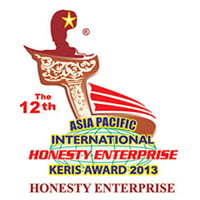




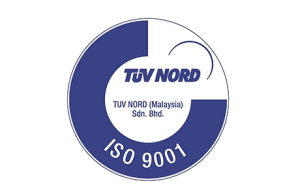
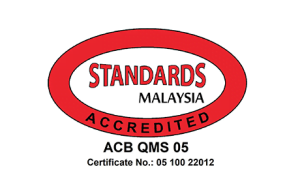
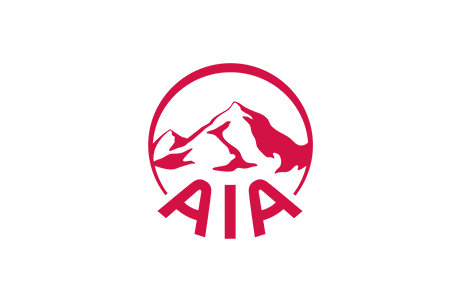
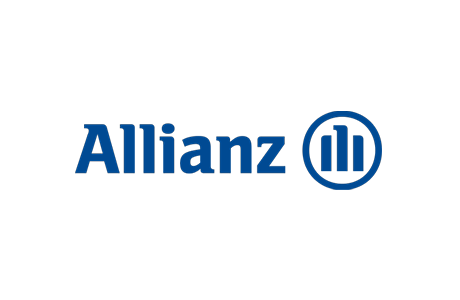
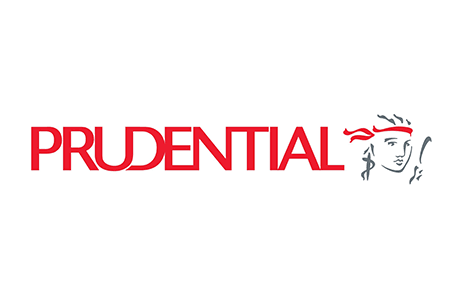
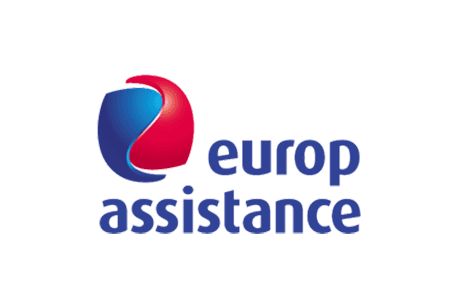

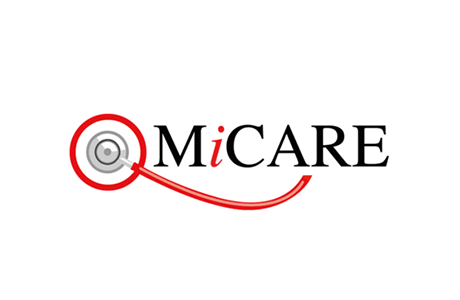


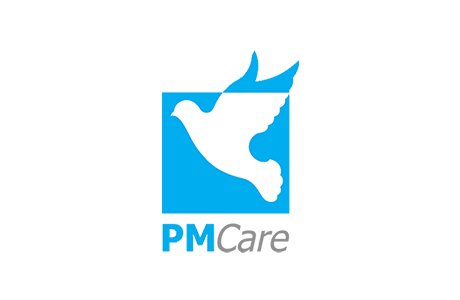
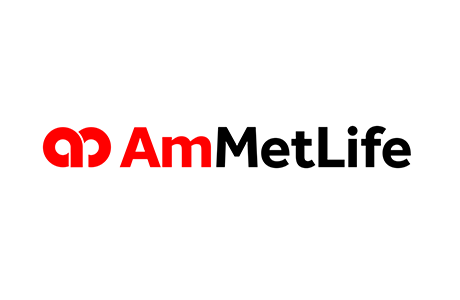



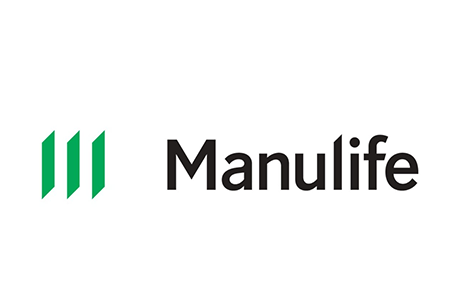
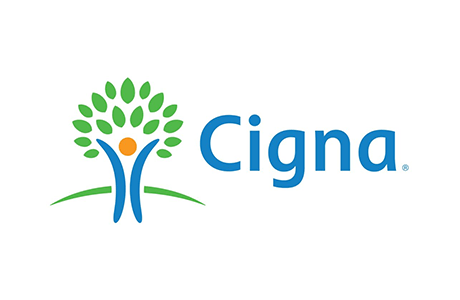
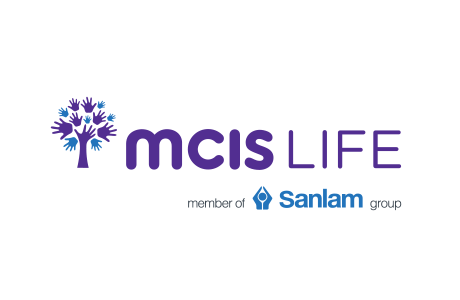
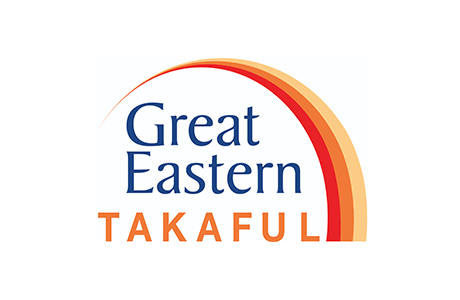
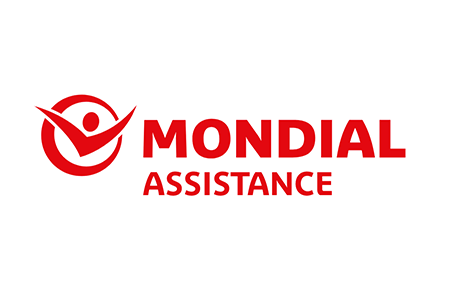
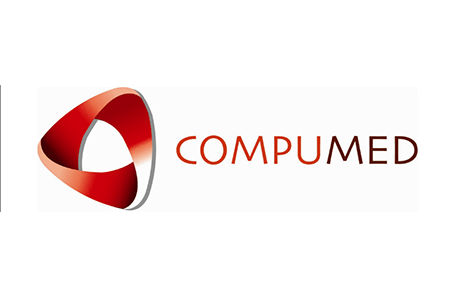
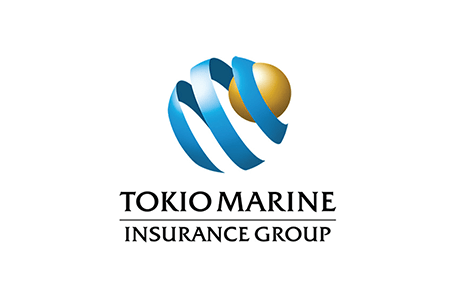
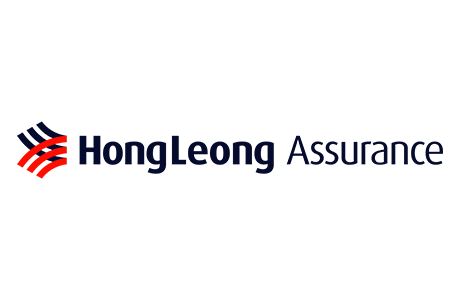
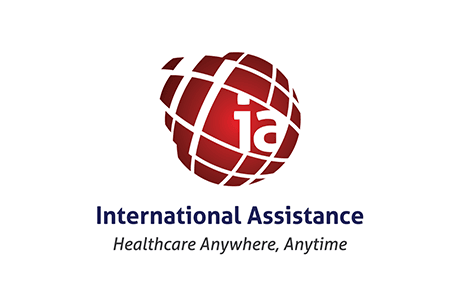
2023 © Copyright – Topvision Eye Specialist Centre (KKLIU 1368/2024 – Expiry Date 31 December 2026).
Web Design & SEO by Nuweb